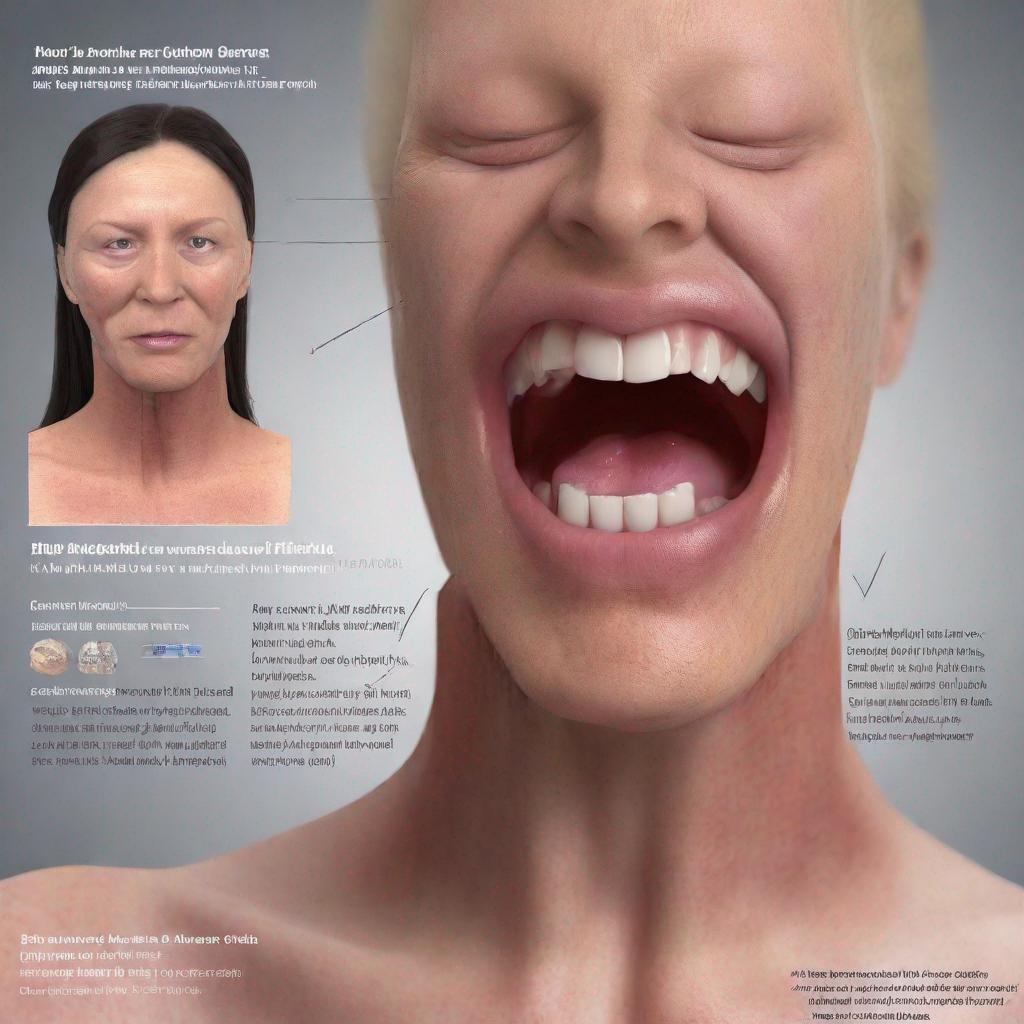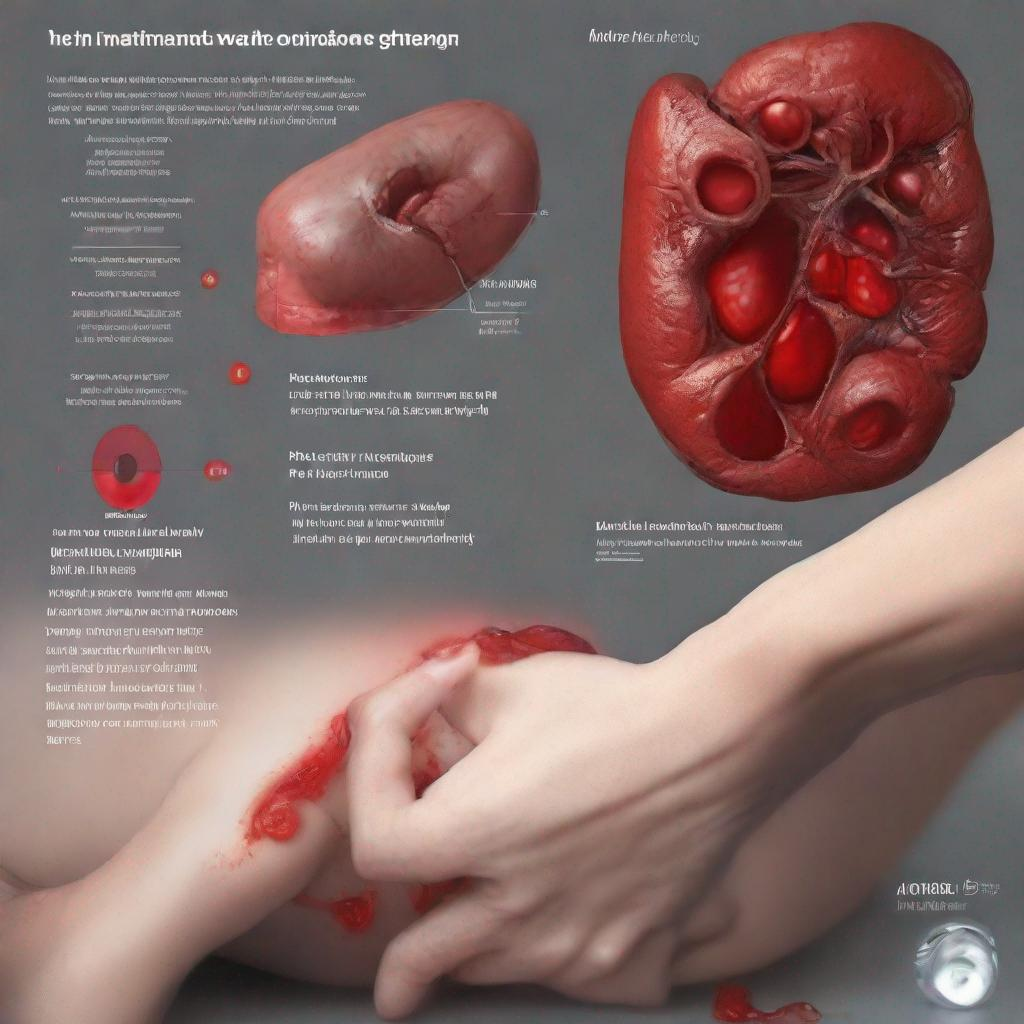**Mouth and Oropharynx Cancers: A Comprehensive Guide**
**Introduction**
Mouth and oropharynx cancers, collectively known as head and neck cancers, are malignancies that affect various parts of the oral cavity and upper throat. They range from localized lesions to advanced disease with regional and distant spread. Understanding these cancers is crucial for early detection, prompt diagnosis, and effective treatment.
**Symptoms**
The symptoms of mouth and oropharynx cancers can vary depending on the location and extent of the disease:
* Pain in the mouth or throat
* Difficulty swallowing (dysphagia)
* Hoarseness
* Lump in the neck
* Bleeding from the mouth or throat
* Persistent sore throat
* Ear pain
* Unexplained weight loss
**Diagnosis**
* **Physical examination:** A thorough examination of the oral cavity and throat to assess for any suspicious lesions or abnormalities.
* **Biopsy:** A procedure to remove a small tissue sample from the affected area for pathological analysis.
* **Endoscopy:** A minimally invasive procedure using a thin, flexible tube with a camera to visualize the inner lining of the mouth and throat.
* **Imaging:** Imaging tests such as CT scans or MRIs can help determine the extent of the cancer and its stage.
**Prevention**
* **Avoid tobacco use:** Smoking and chewing tobacco significantly increase the risk of oral and oropharynx cancers.
* **Limit alcohol consumption:** Excessive alcohol intake can irritate the lining of the mouth and throat, making it more susceptible to cancer development.
* **Avoid betel nut chewing:** Betel nut chewing, common in certain Asian cultures, is strongly associated with oral cancer.
* **Get vaccinated against HPV:** The human papillomavirus (HPV) vaccine has been shown to protect against oropharyngeal cancers, especially in young individuals.
**Treatment**
The treatment for mouth and oropharynx cancers depends on the stage and location of the disease, as well as the patient’s overall health.
* **Surgery:** Radical surgery may be necessary to remove the cancerous tissue and surrounding lymph nodes (neck dissection).
* **Radiation therapy:** High-energy radiation beams are used to kill cancer cells.
* **Chemotherapy:** Medications are administered to kill cancer cells throughout the body.
* **Immunotherapy:** This treatment boosts the body’s immune system to fight cancer cells.
* **Targeted therapy:** Medications that target specific molecules or pathways involved in cancer growth are used.
**Complications**
Treatment for mouth and oropharynx cancers can cause various complications, including:
* Difficulty speaking or swallowing
* Facial disfigurement
* Damage to the teeth or jaw
* Lymphedema (swelling)
* Nerve damage
**Prognosis**
The prognosis for mouth and oropharynx cancers depends on the stage at diagnosis, the type of cancer, and the patient’s overall health. Early detection and treatment are crucial for improving the chances of survival and reducing complications.
**Palliative Care**
In advanced cases where curative treatment is not possible, palliative care focuses on managing symptoms, maintaining quality of life, and providing emotional support to patients and their families.



